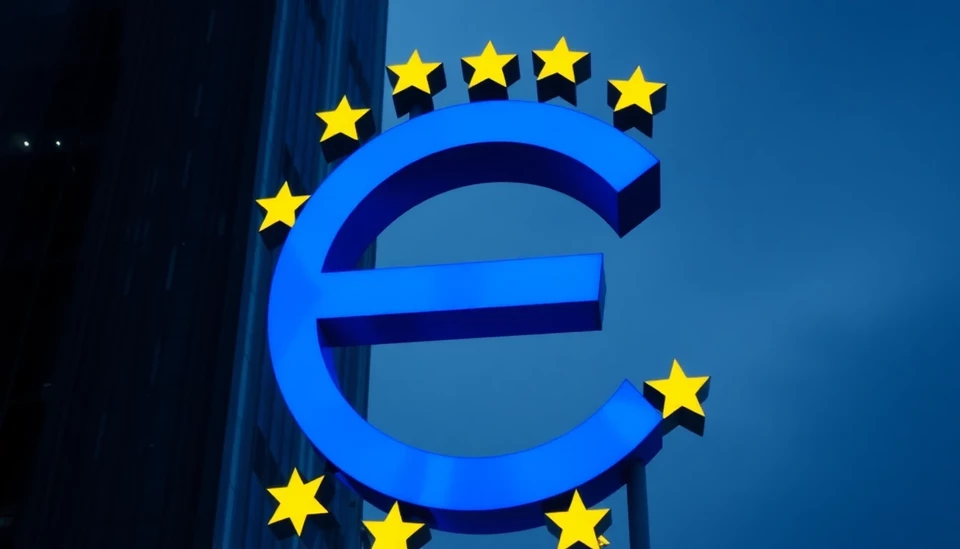
In a notable turn of events for the Euro Zone’s economy, wage growth has surged significantly, presenting a complex challenge for the European Central Bank (ECB) as it considers future interest rate adjustments. Recent data indicates that wages across the region are rising at a pace that could impact inflation rates, potentially complicating the ECB’s aim to lower borrowing costs.
According to the latest reports, annual wage growth in the Euro Zone reached 5.5% in the third quarter of 2024, marking a considerable increase from previous periods. This escalation in wages aligns with soaring living costs driven by persistent inflationary pressures, prompting workers to demand higher pay to maintain their purchasing power. The data is drawn from a comprehensive analysis by Eurostat, reflecting trends across various industries and sectors within the member states.
The ECB has been actively engaged in a series of interest rate hikes in an effort to combat inflation, which has remained high in the aftermath of the pandemic and geopolitical tensions. However, the uptick in wage growth could set off a chain reaction, with companies potentially passing on increased labor costs to consumers through higher prices, further fuelling inflation. This scenario poses a dilemma for the bank: the central bank must balance the need for economic growth against the risk of reigniting inflation.
Analysts have noted that while wage growth is generally seen as a sign of a robust economy, it could diminish the urgency of rate cuts that many market participants had anticipated for 2025. These interest rate adjustments were expected to support weakened economies and stimulate investment. However, if wage growth continues on its upward trajectory, the ECB may find itself compelled to maintain or even increase rates to keep inflation in check.
Additionally, some economists argue that the reaction to these wage changes may not be uniform across the Euro Zone. Countries that are heavily reliant on industrial sectors may face different repercussions compared to those with strong service-oriented economies. This variance complicates the ECB’s response, as a one-size-fits-all approach may not be effective in addressing the divergent needs of member states.
The ECB’s forthcoming meetings will be critical as policymakers deliberate over these mounting pressures. The central bank officials have expressed a cautious optimism about the economic outlook but face mounting scrutiny as they navigate the complexities brought on by rising wages and persistent inflation. Their decisions will have profound implications not only for the Euro Zone but also for global economic dynamics.
As we look ahead, it remains to be seen how the situation will unfold and whether the ECB will adapt its policies in response to this burgeoning wage growth. For now, the central bank is in a position of careful observation, weighing the benefits of lower rates against the inflationary risks posed by an unforeseen wage escalation.
The interplay of wages and inflation will continue to dominate discussions among economists, policymakers, and market analysts alike. Only time will reveal the true impact of this wage surge on the Euro Zone's economy and the ECB's policy decisions moving forward.
In conclusion, the recent surge in Euro Zone wage growth introduces significant uncertainty in the economic landscape. The ECB’s path to potential rate cuts is now fraught with challenges that will need to be navigated carefully to avoid destabilizing the fragile recovery.
#EuroZone #WageGrowth #EuropeanCentralBank #InterestRates #Inflation #EconomicPolicy #ECB #MarketTrends
Author: Rachel Greene




